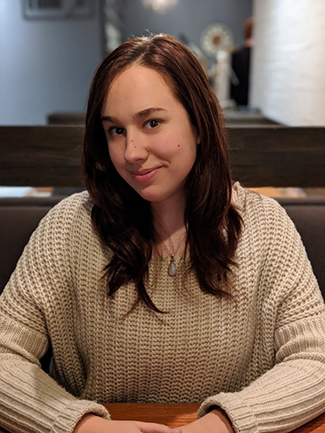 Vika Bereza Vika Bereza
Vika is graduating with a BA Honours in Political Science, Minor Sociology, and Co-operative Education.
“I came to Carleton in 2015 as a wide-eyed teenager from Toronto who had memorized the entire Carleton viewbook. To me, Carleton was a chance to discover myself, my passions, and my future career. Over the course of my studies, campus has been both my literal and figurative home – shout out to Stormont and Dundas! Here, I found a community and a wealth of opportunities that I am endlessly grateful for. From facilitating Skills Development Workshops at CSAS and giving campus tours, to being the President of the Carleton Political Science Society and finding a career in my field through the co-op program, I have shaped and been shaped by this place. Now that I have graduated, gone are the days of working five jobs and living in the library.
The skills I have learned and the experiences I have brought me to where I am now – a public servant with the federal government. I am looking forward to focusing on my career and finally trading time spent on essays for time spent working on my novels. And who knows – maybe we will see each other again soon! After all, Carleton has so many Master’s programs to choose from…” |
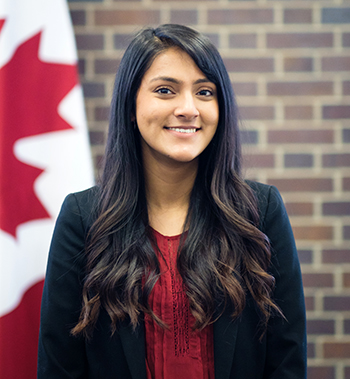 Sofia Chaudhry Sofia Chaudhry
Sofia is graduating with a BA Honours in Political Science with a concentration in International Relations.
As part of her program, Sofia chose to complete an Honours Research Essay. Her topic is A Gendered Declaration of Human Rights: Deconstructing Masculine Discourse and the Myth of Universal Human Rights.
“With my Honours Research Essay, I explored the origin stories of human rights through a gendered lens. Human rights discourse has become a cornerstone of international politics in the twenty-first century, but what is often absent from this discourse is the rich and complicated history of the birth of human rights. In deconstructing this history, my HRE argues that myths function to naturalize the origin story of human rights. In this context, myths depoliticize human rights by presenting existing gendered power structures as the natural order of the world.
Though the research and writing process was confusing and challenging at times, the experience was rewarding and provided me with the opportunity to figure out how I want to utilize my degree. I have to thank my supervisor Professor Sophie Marcotte-Chenard for encouraging me to continue my research through a graduate program. I am excited to return to Carleton in the fall as a MA student of Political Science.” |
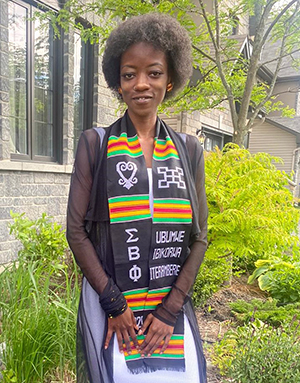 Nicole Ciza-Mugisha Nicole Ciza-Mugisha
Nicole is graduating with a BA Honours in Political Science and a Minor in African Studies.
As part of her program, Nicole chose to complete an Honours Research Essay. Her topic is From Collective Identity to Collective Spatiality: Social Movement Theory in African Countries.
“As with my general academic interests, this project began with my reflections on the plight of people of African descent. Especially, their role as agents of social change. Inspired by the overthrow of a thirty-year regime in the 2019 Sudanese Revolution, I wanted to examine the concept of collectivity in contemporary popular movements. Thus, I asked: Why do people collectively protest particularly in the African context?
Preliminary investigation led to the four approaches posited by social movement theorists to understand the phenomenon of collective action against existing orders: resource mobilization, political opportunity, framing, and collective identity. By reviewing existing literature and applying qualitative research, I arrived at a fifth approach: collective spatiality. With the ushering of virtual space in the digital age, exploring spatiality became more compelling as an explanatory variable for social movements in places like Africa, where freedoms normalized in the West face stricter regulations.
The HRE was indisputably the most challenging yet rewarding experience of my undergraduate program. I am grateful to the teaching staff, particularly my supervisor, Dr. Nduka Otiono, for his patience and constant support. I look forward to the fall, when I will commence a collaborative MA program in Political Science specializing in African Studies at Carleton.” |
Devin Pariseau
Devin is graduating with a BA Honours in Political Science with a Concentration in International Relations.
Devin also chose to complete an Honours Research Essay, on the topic The Virtual Metropolis: Empire and Multitude in the Age of Communication.
“My HRE provides a theoretical exploration of the impact of Internet communication technology in the context of global capitalism , particularly its potential for social and political change. Despite its importance, particularly in a post-COVID world, this question has received insufficient attention in mainstream political and international theory. While I take a decidedly post-Marxist perspective on the subject – informed by Hardt and Negri’s work on Empire and the multitude, I also draw from non-Marxist theorists such as Paul Virilio and attempt to marry their concepts to Hardt and Negri’s to assess the Internet’s potential as a platform for post-capitalist transformation . I explore a number of subjects in relation to the Internet, including open communication, immaterial production, and the influence of gender norms in a digital environment.
I conclude that, despite attempts to corporatize or censor the Internet, it remains an important vector of resistance to capital due to its inherently decentralized, democratic nature. Decentralized communication and open source peer-to-peer production made possible by the Internet may eventually serve as the framework for a post-capitalist world.” |
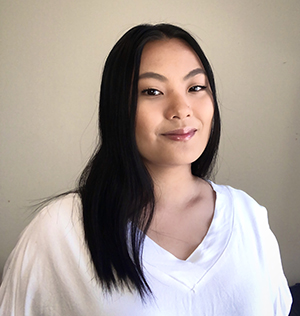 Rebecca Seward-Langdon Rebecca Seward-Langdon
Rebecca is graduating with a BA Combined Honours, African Studies & Political Science. As part of her program, Rebecca chose to complete an Honours Research Essay. Her topic is China’s Non-Interference Policy in Africa: Myth or Reality?
“My Honours Research Essay looked at China’s non-interference policy in theory and in practice. How does it affect the average citizen in African countries? Does China practice what it preaches? Specifically, I asked: How has China’s non-interference policy evolved in African countries and what are its limits? To answer this question, I used Kenya and Nigeria as case studies, and drew on existing studies to assess China’s engagements in trade, development, and security. I found that the policy of non-interference allows African countries to engage with China regardless of their political regime or leadership styles, improving trade, development, and security. However, outcomes such as unequal trade, unfair competition in markets, and minimal support in counterterrorism have negative effects on citizens.
Serving as the Co-President of the Institute of African Studies Student Association and Co-Chairing the annual African Studies Undergraduate Research Conference were also some of the highlights of my time at Carleton. Engaging in discussions surrounding the politics, international relations, and pop-culture of Africa have fed my passion to continue learning about Africa and pursue graduate studies. Next year I will be attending the Munk School of Global Affairs at the University of Toronto for a Master’s program.” |
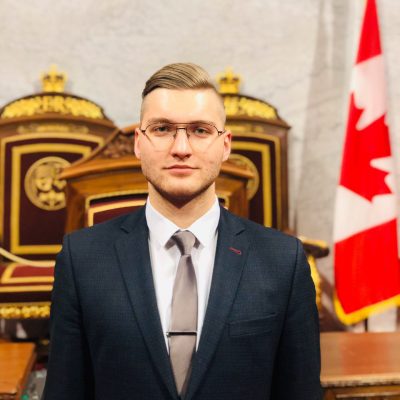 Pavlo Kucher Pavlo Kucher
Pavlo is graduating with a BA Honours in Political Science with a concentration in International Relations. As part of his program, Pavlo chose to complete an Honours Research Essay. His topic is Gerasimov Doctrine: Russian Challenge for the West.
“The focus of my Honours Research Essay is closely interrelated with the experience of the millions of citizens in my home country. The annexation of Crimea and Russian intervention in Eastern Ukraine have occurred almost at the same time as I started my academic degree. The reason that made my research on the Russian military doctrine top priority was witnessing firsthand the real danger of Russian hybrid warfare and how it contributed to more than 13, 000 of Ukrainians in casualties.
In my HRE, I explored how Russian military doctrine allows the Kremlin to exploit the current systems of the globalized and interconnected West. Today, Western export of democracy has found a counterbalance in uniting of those who are committed to conservative and traditionalist values - political systems that rely on authoritarian models of government and rigid national sovereignty. This counterbalance is associated with the ability of Russia to influence the perception of reality, mindset, and the worldview of the adversary’s population by non-conventional methods and through asymmetric means.
My research project would not be possible without crucial guidance and support from professor Andrea Chandler. Besides, one of the brightest experiences of my undergraduate degree was to meet and have a chance to work with Andrea. Without a shadow of a doubt, she has inspired my research in this field, for what I will be forever grateful.” |
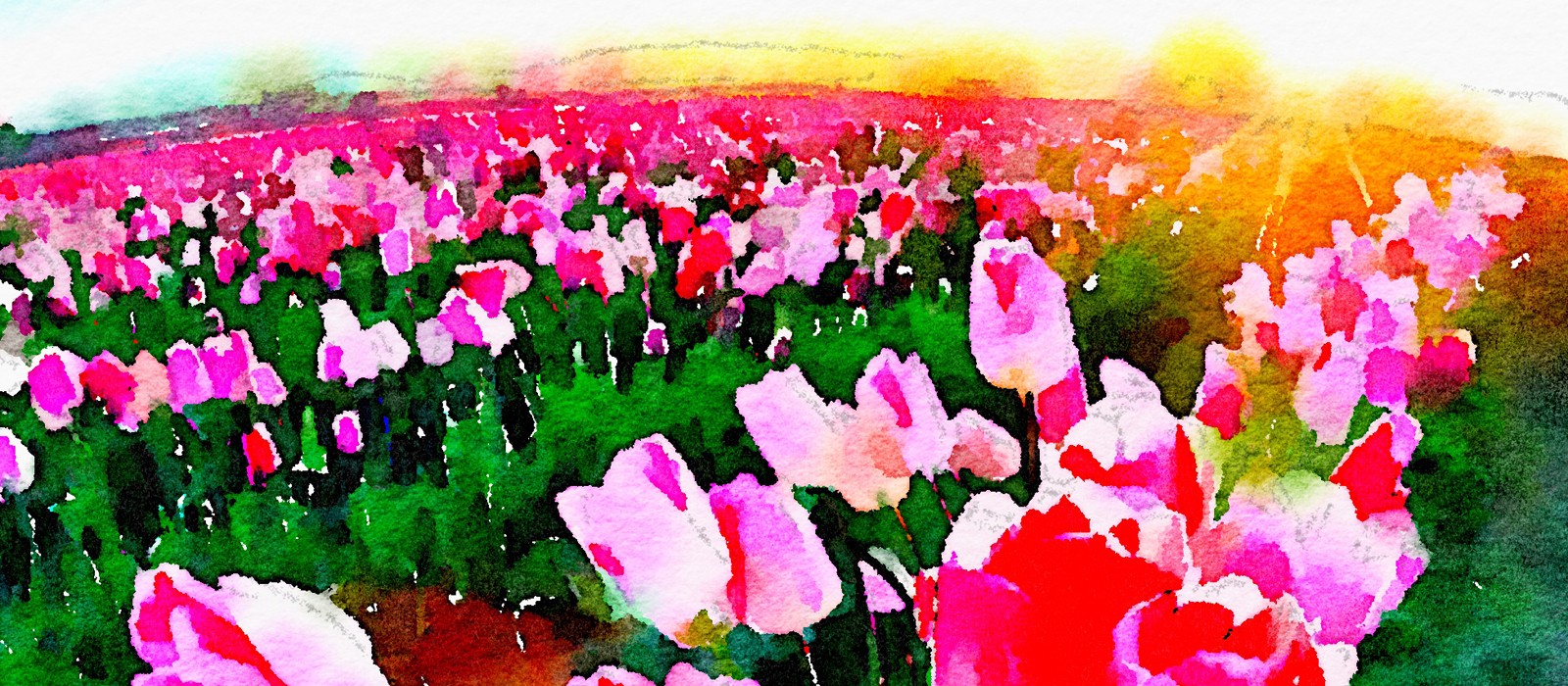
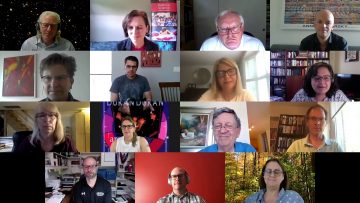
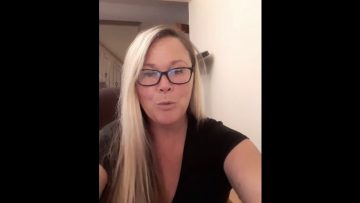
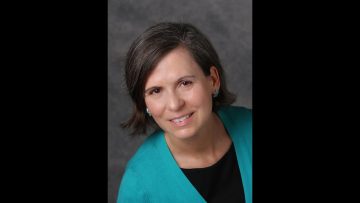
 Vika Bereza
Vika Bereza Sofia Chaudhry
Sofia Chaudhry Nicole Ciza-Mugisha
Nicole Ciza-Mugisha Rebecca Seward-Langdon
Rebecca Seward-Langdon Pavlo Kucher
Pavlo Kucher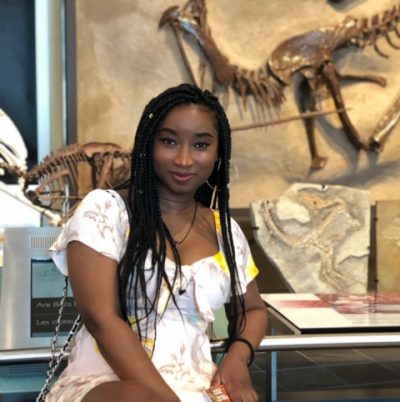 Annette Attuquayefio
Annette Attuquayefio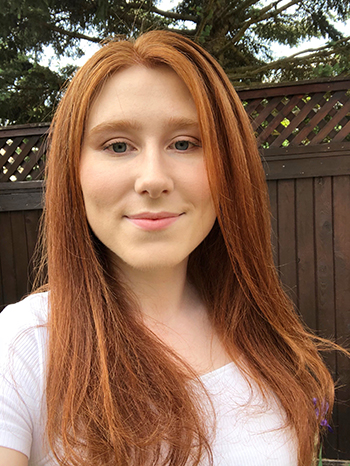 Kaitlin Martin
Kaitlin Martin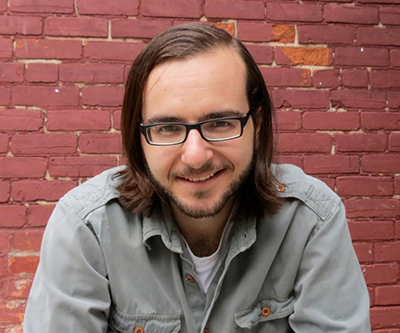 Rafael Sordili
Rafael Sordili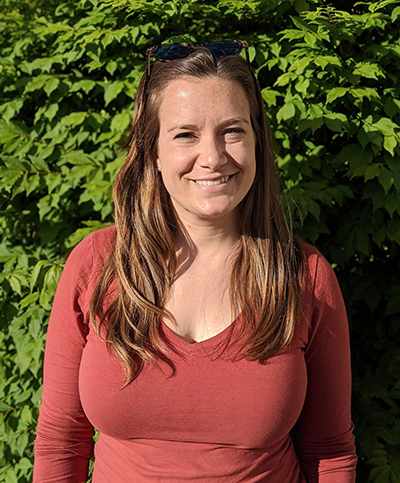 Heather Victoria Toycen
Heather Victoria Toycen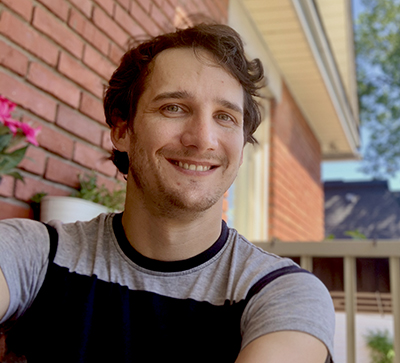 Steven Orr
Steven Orr